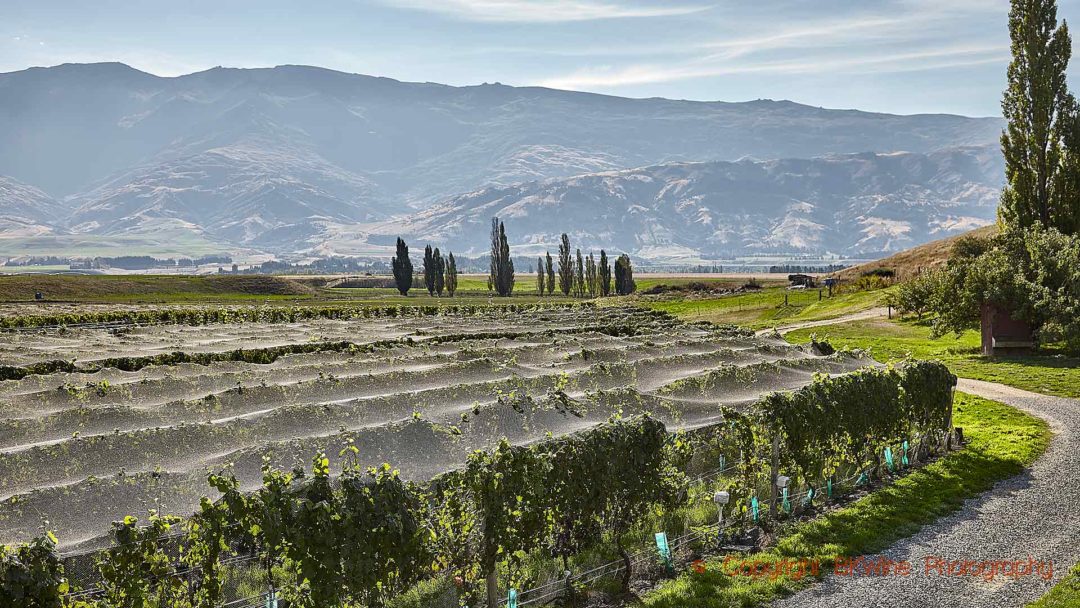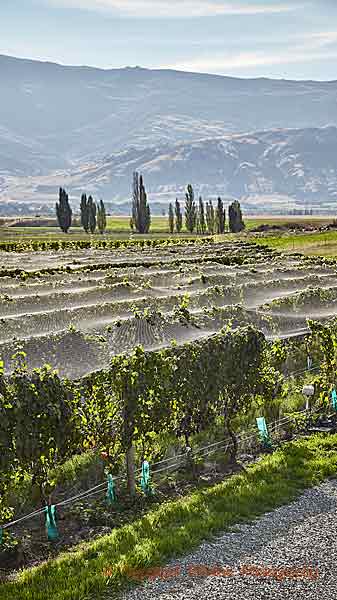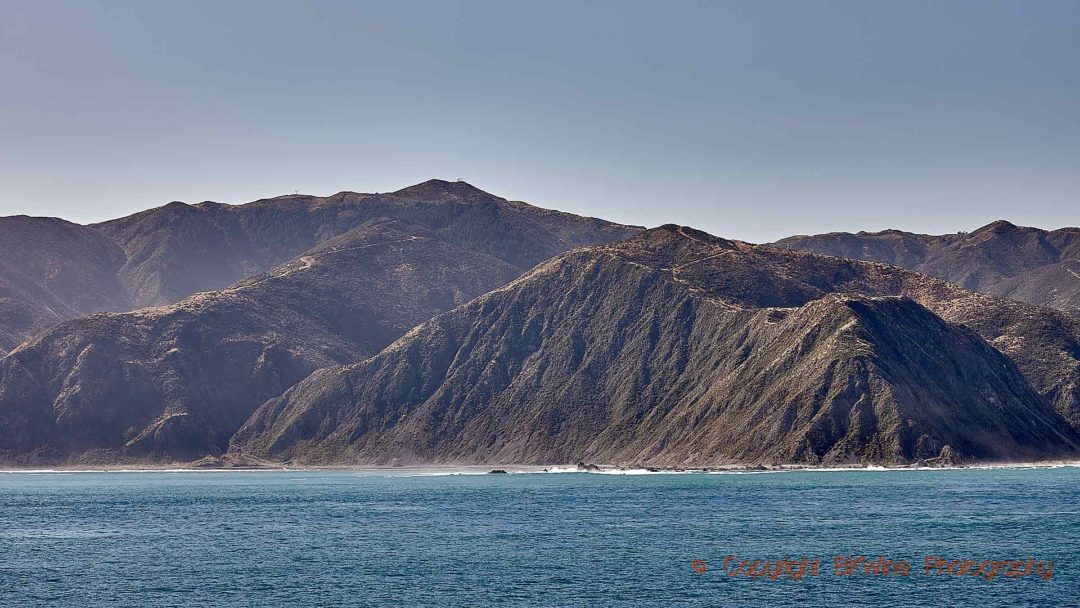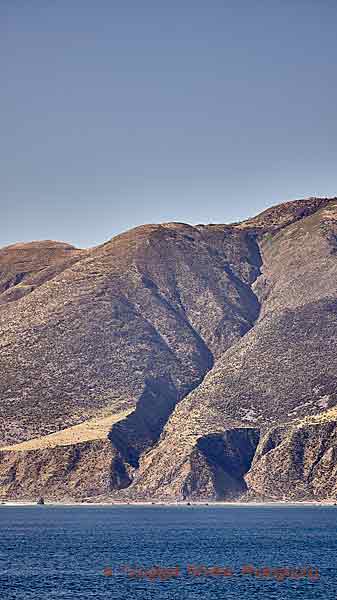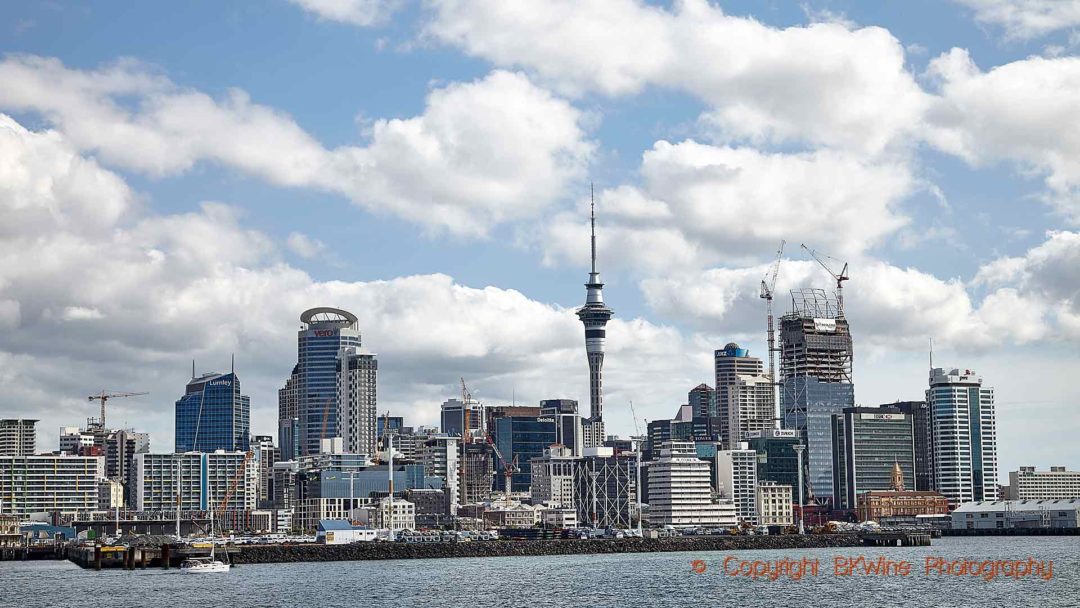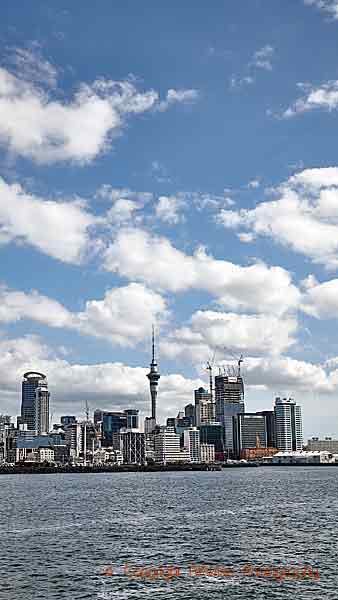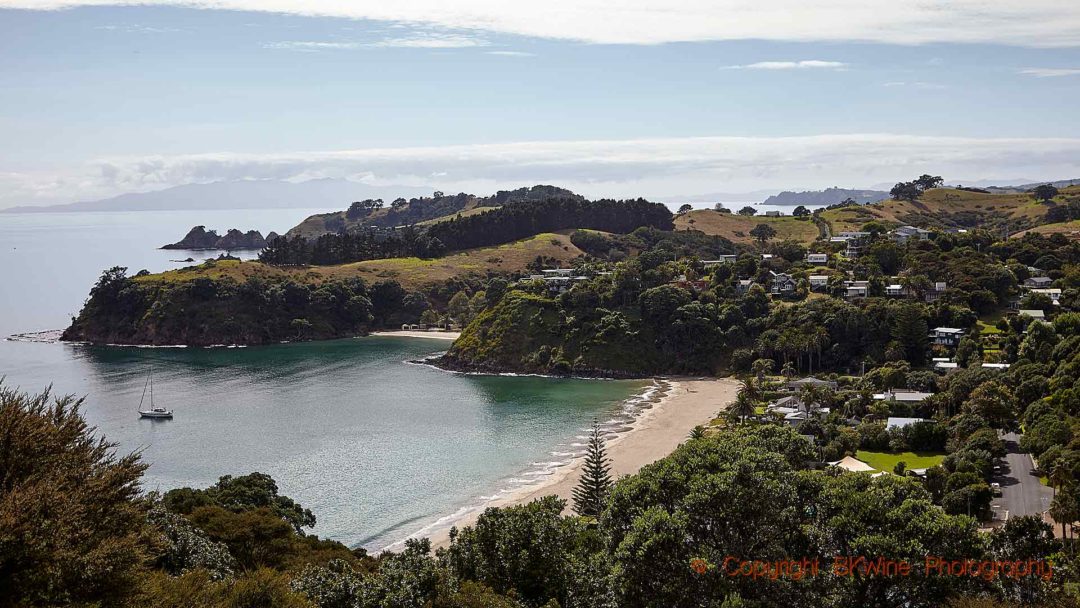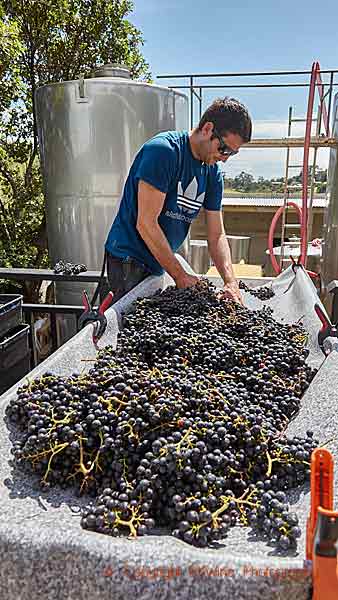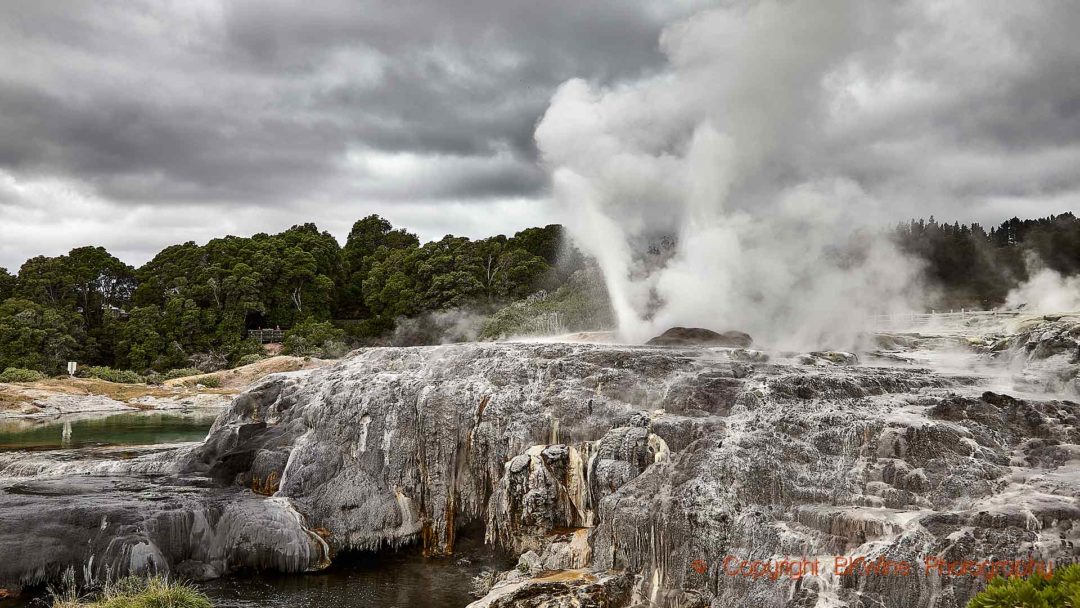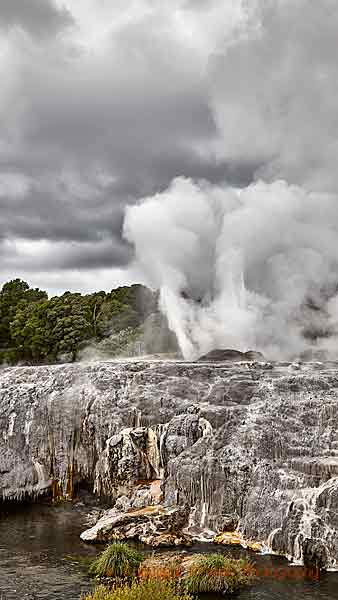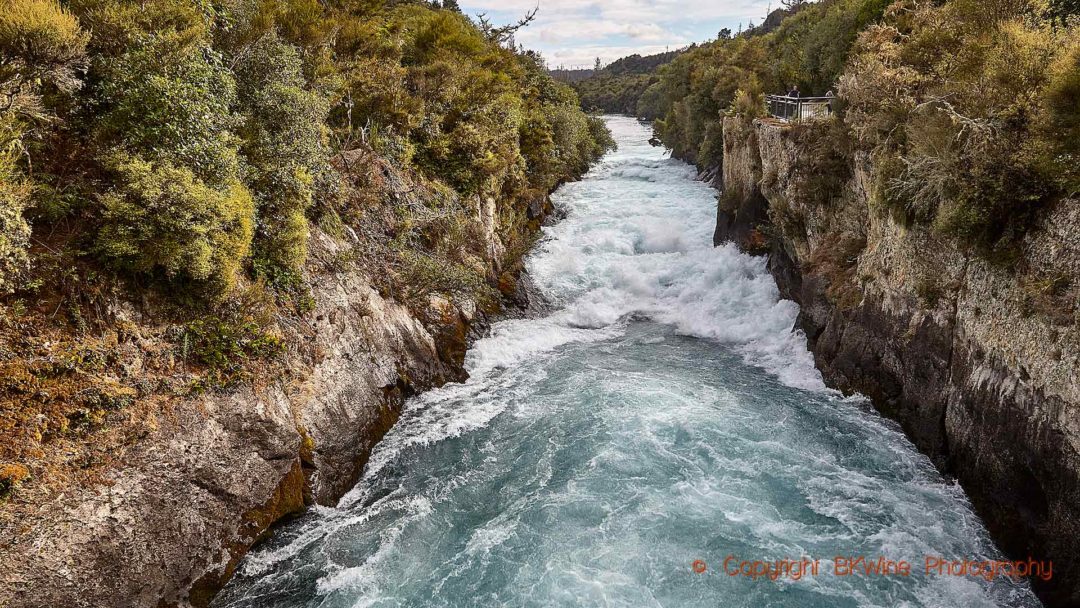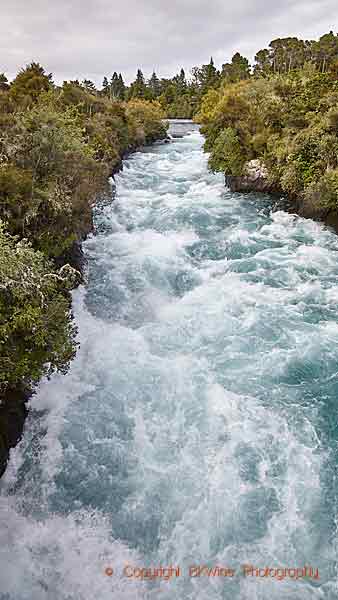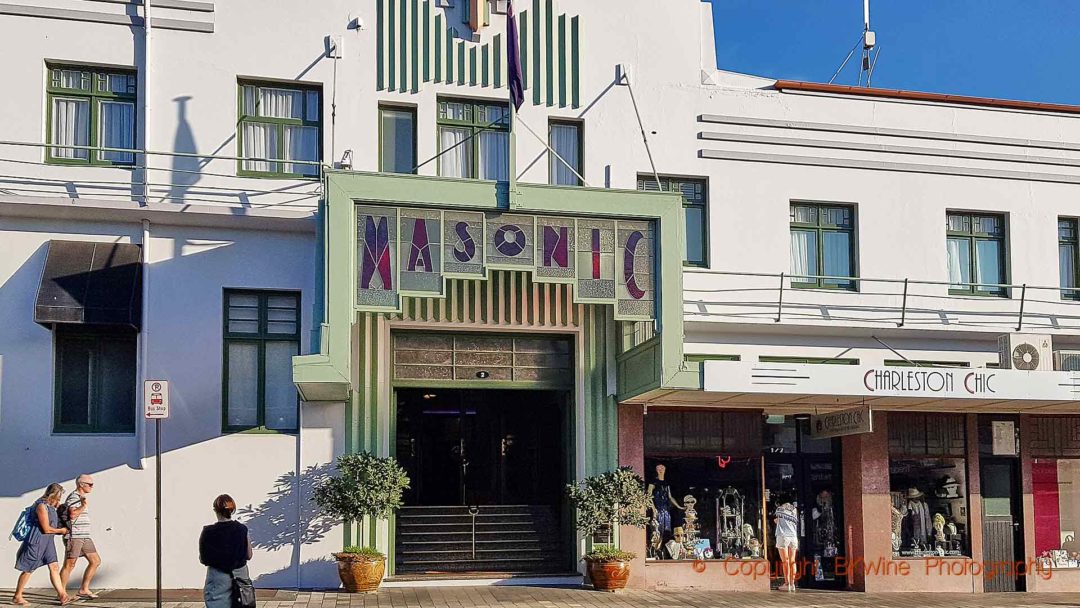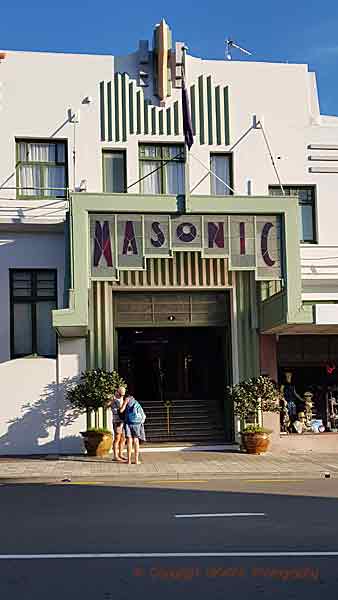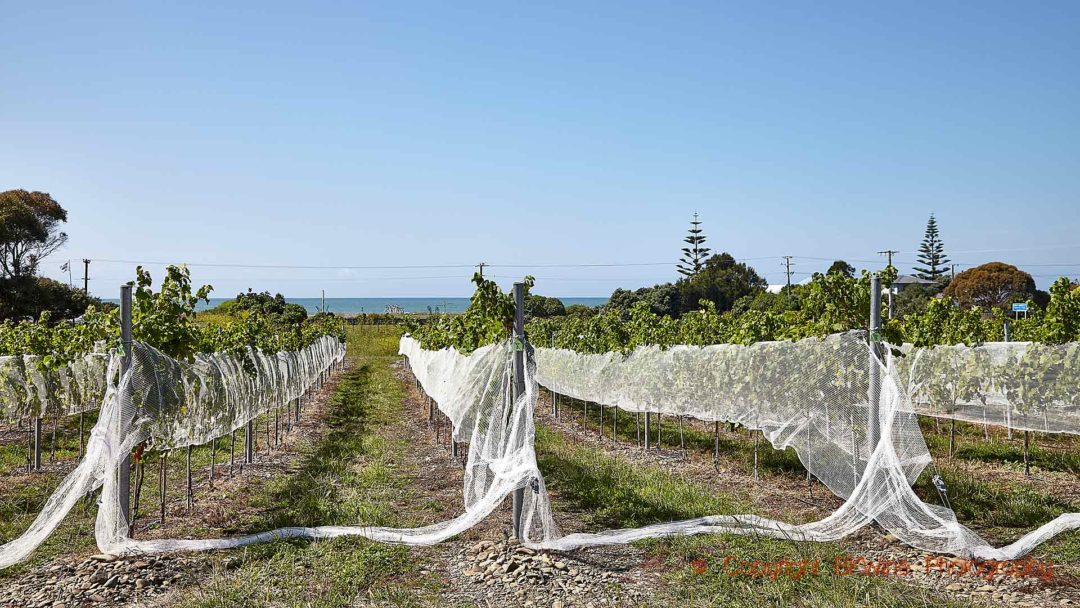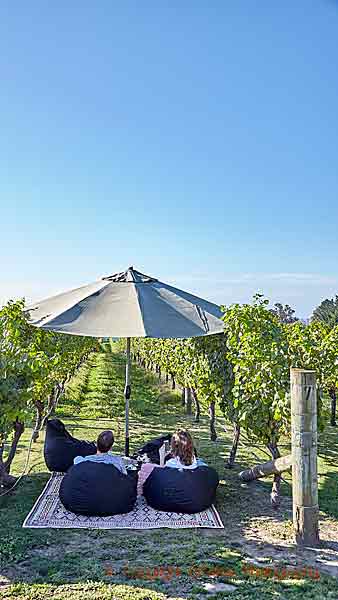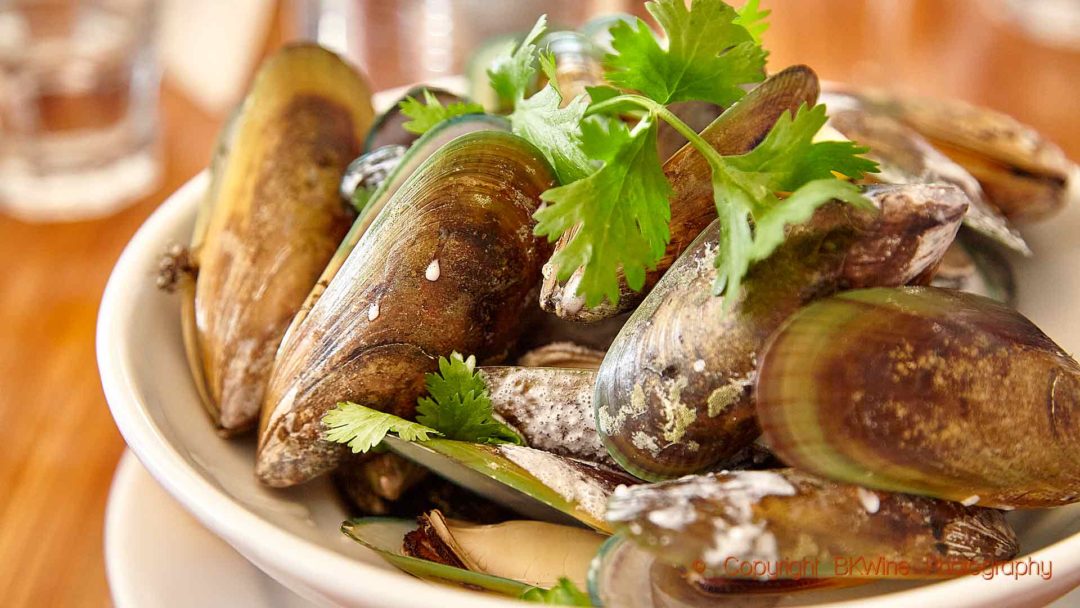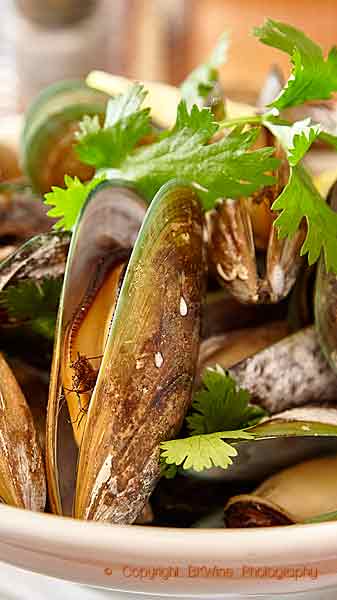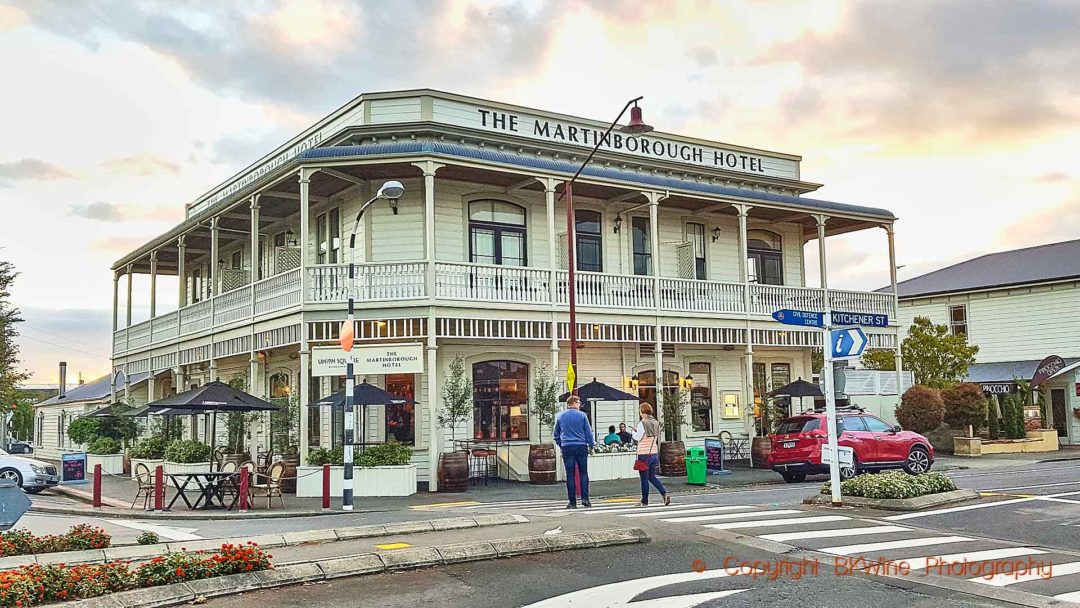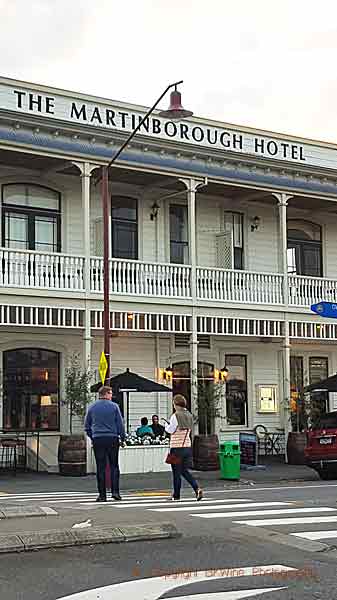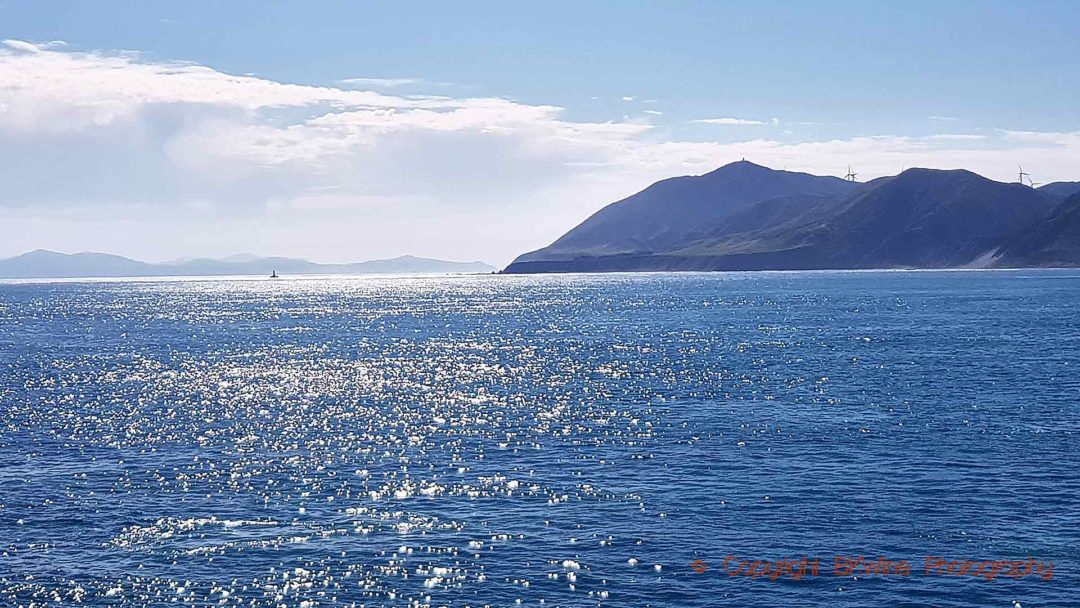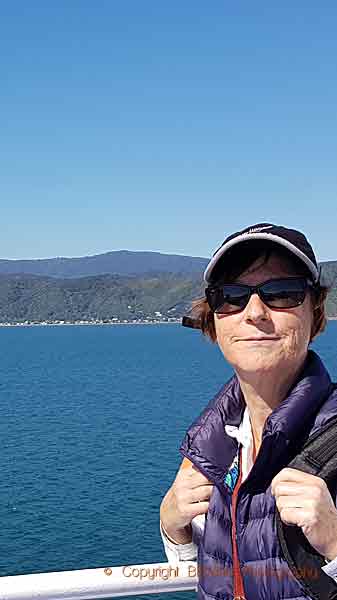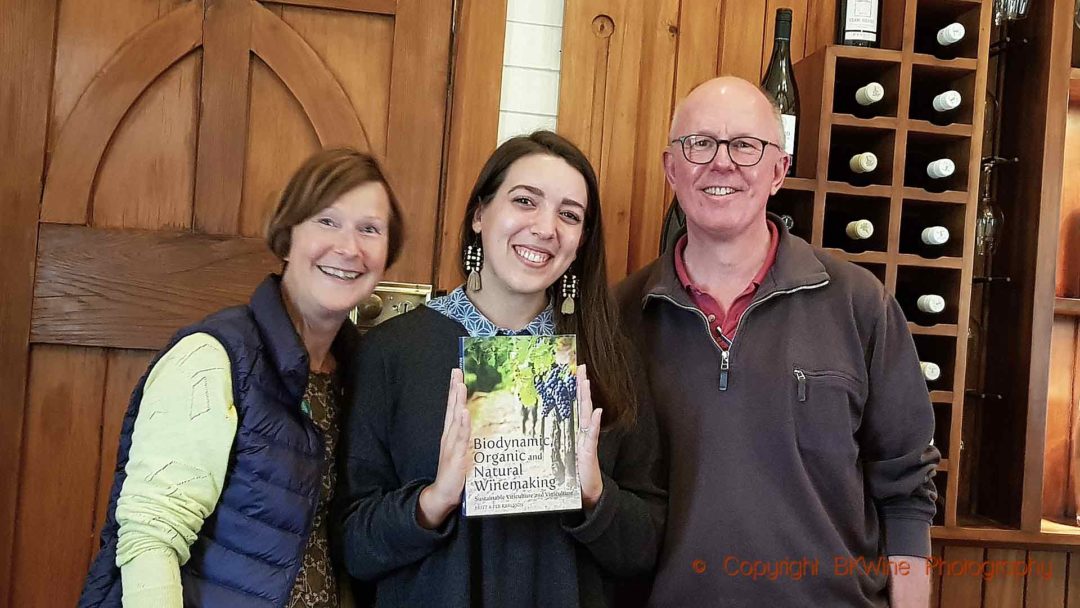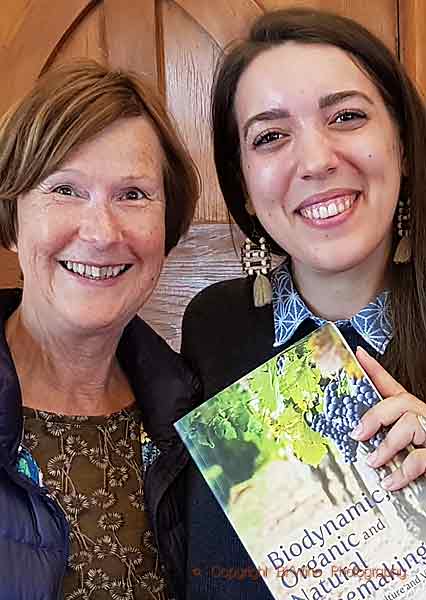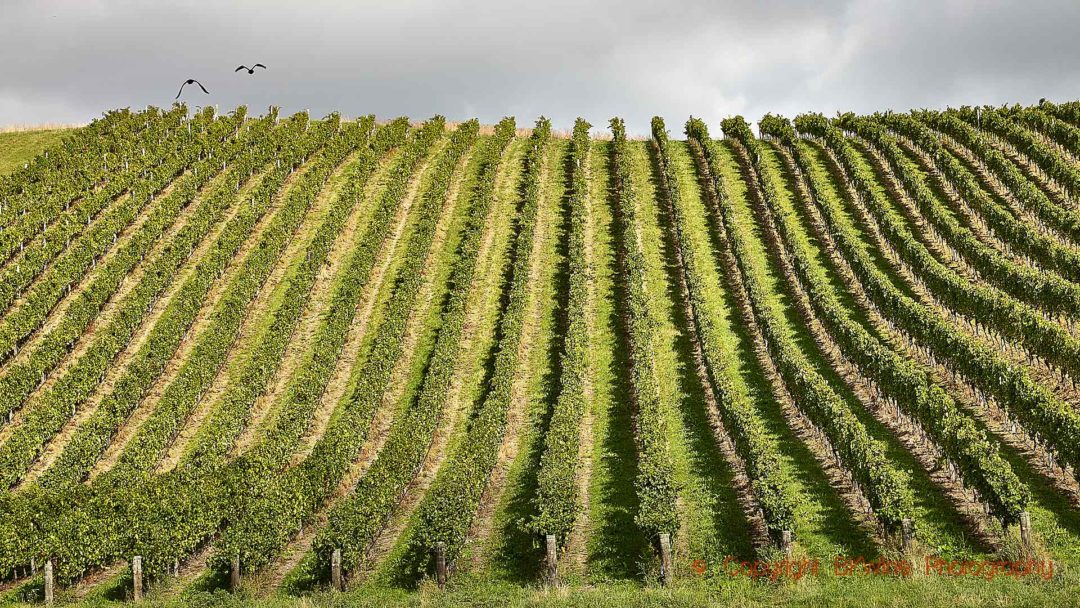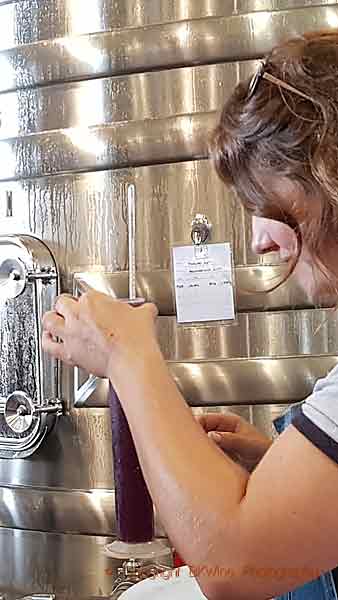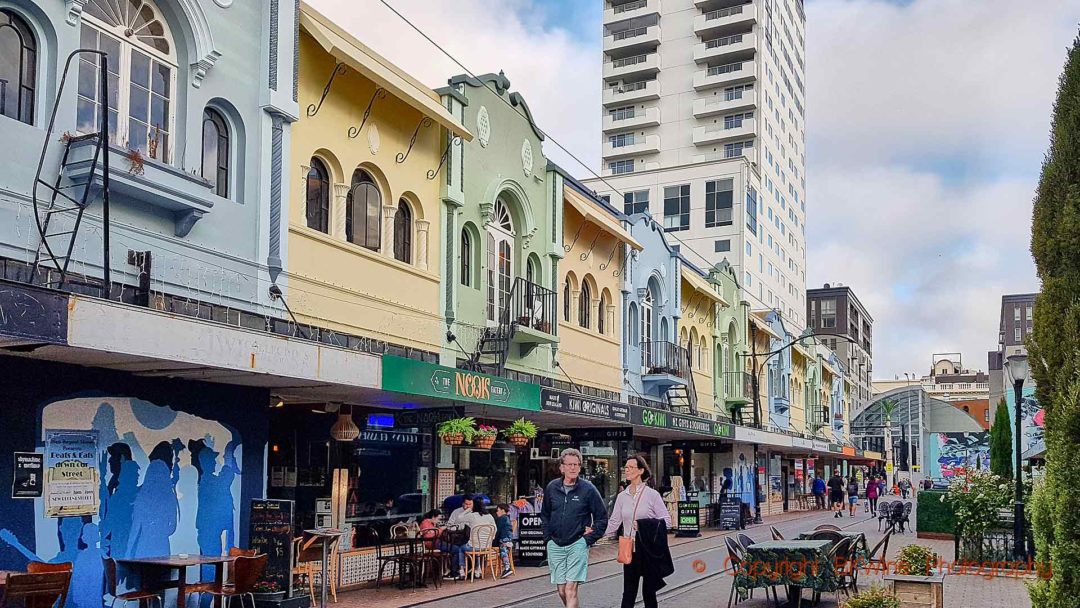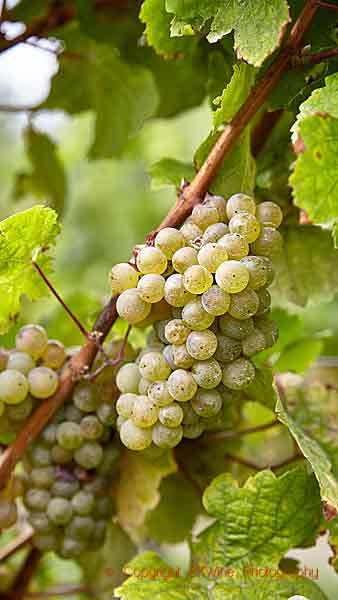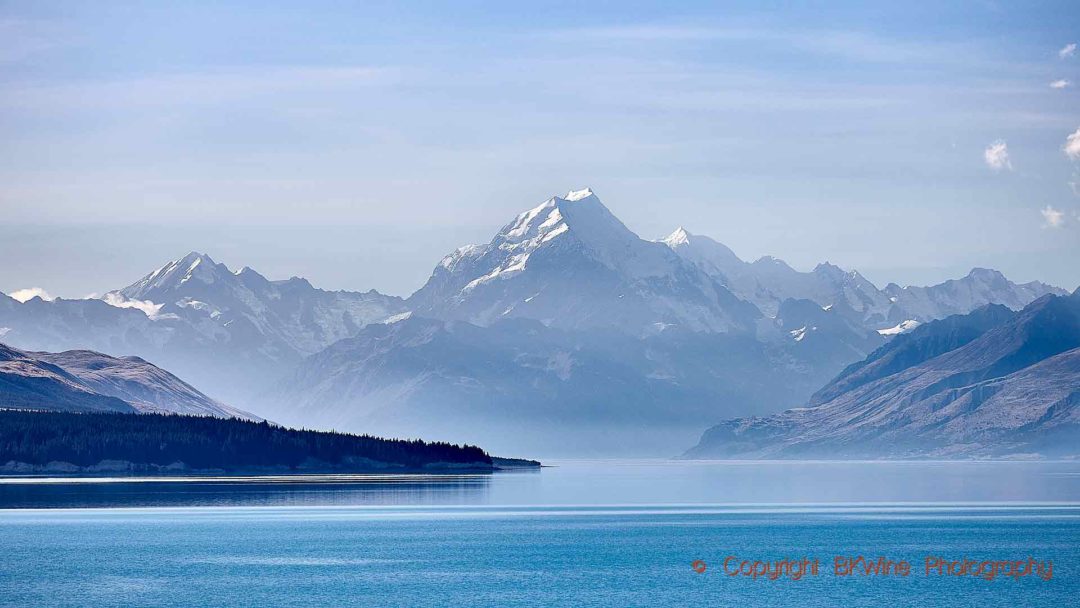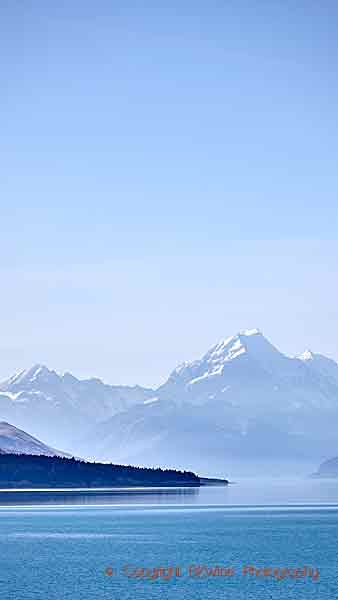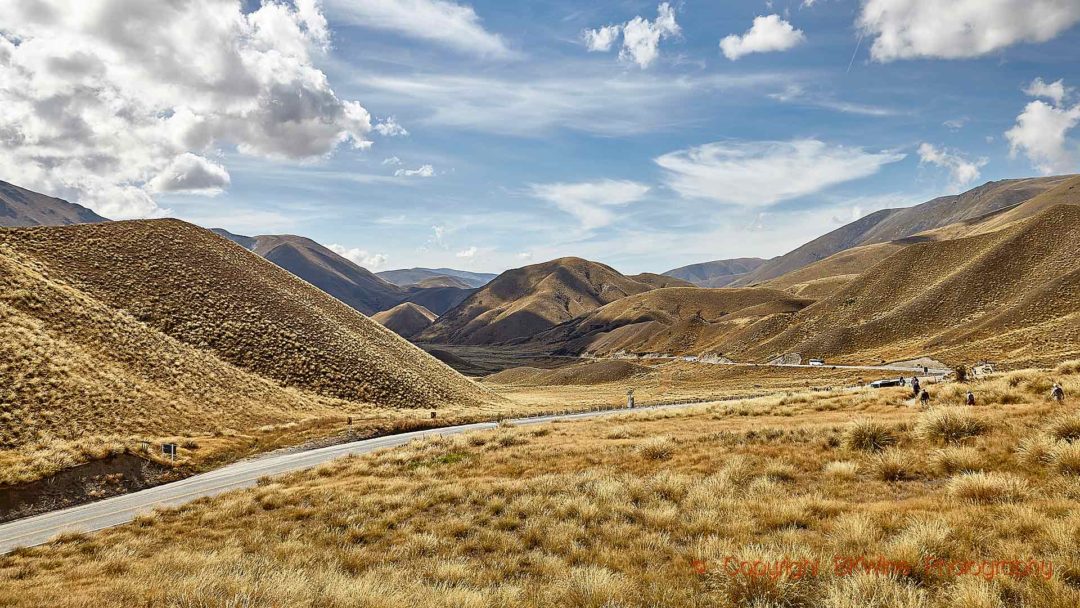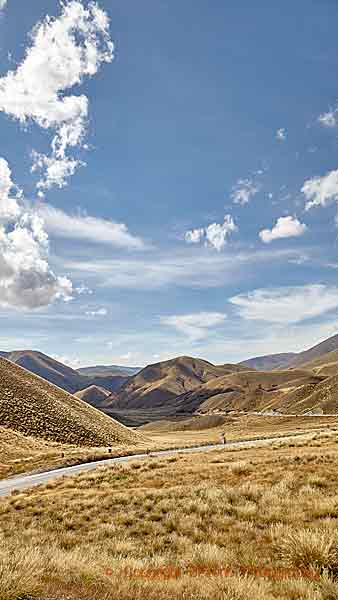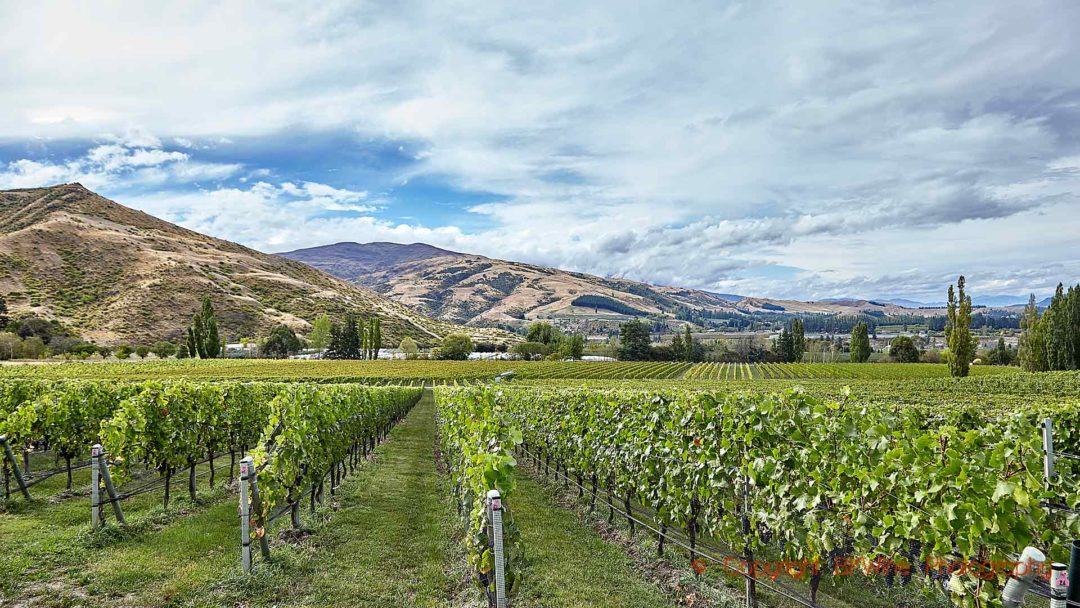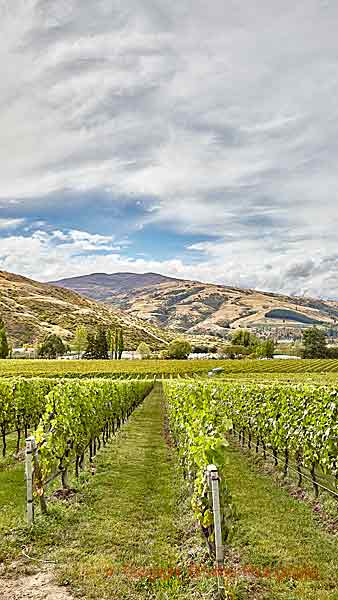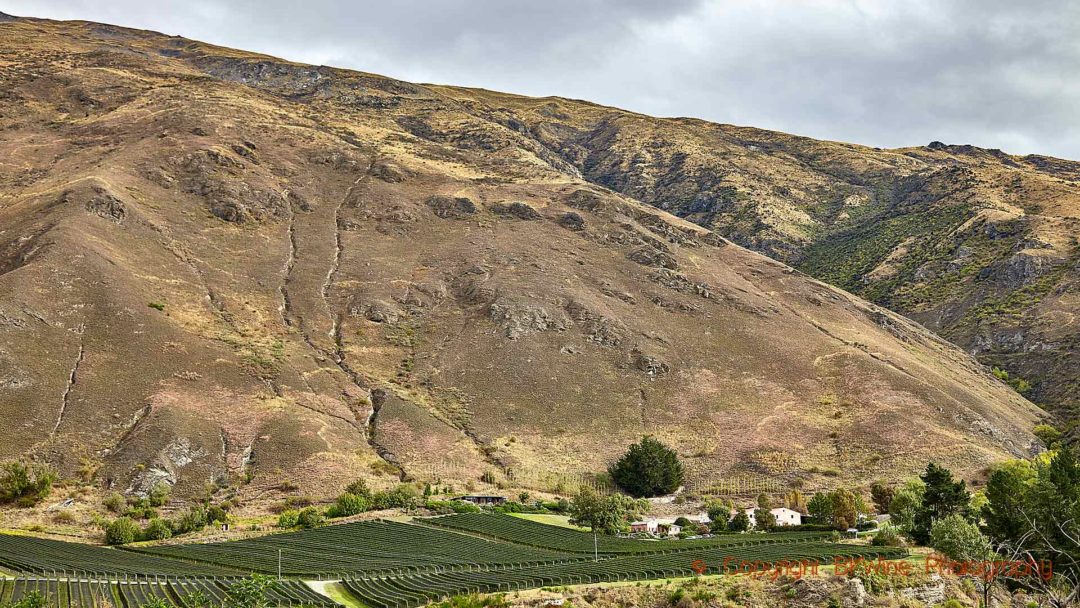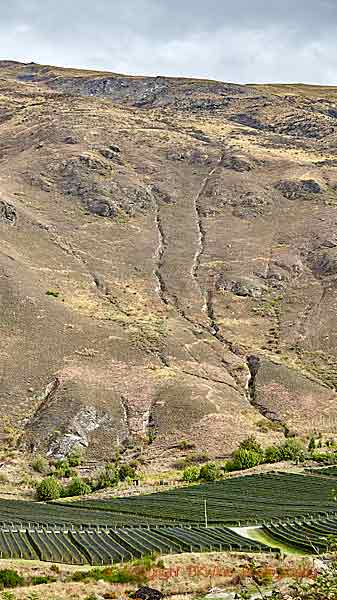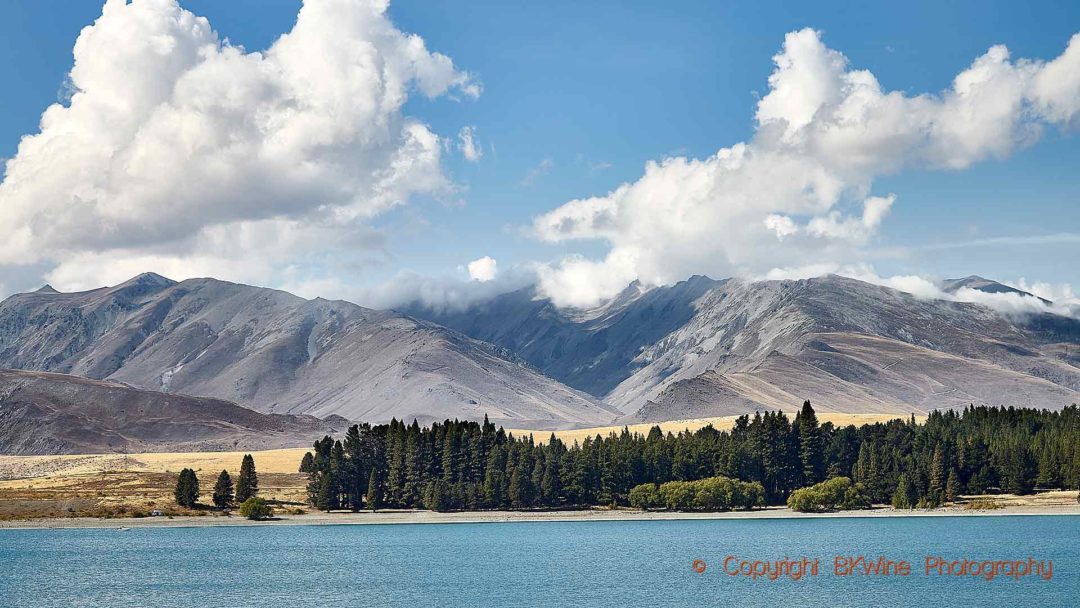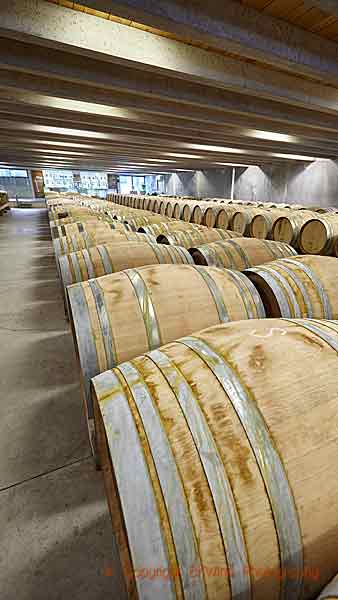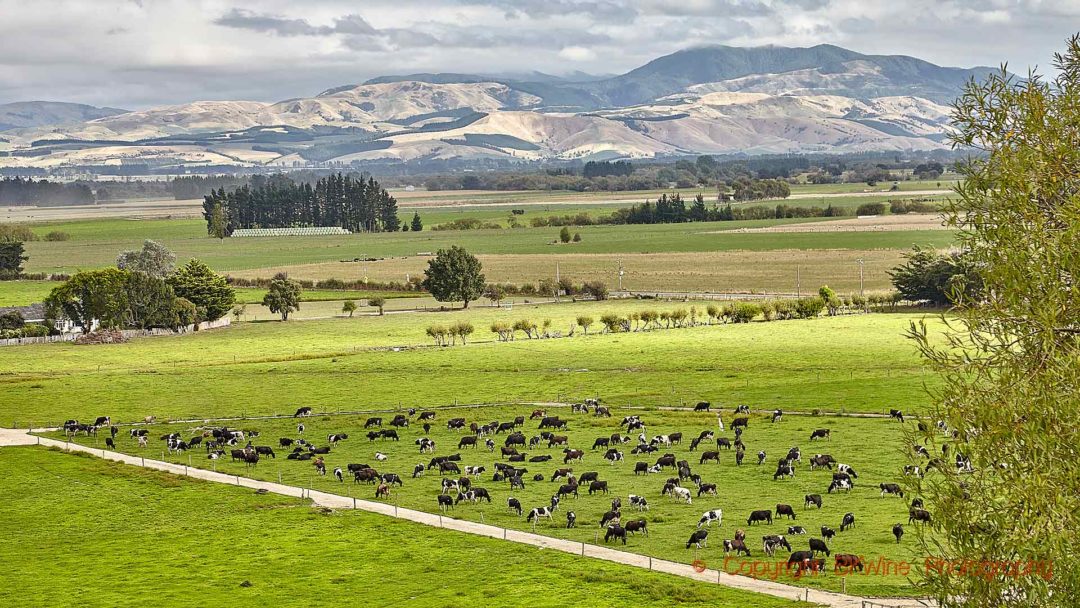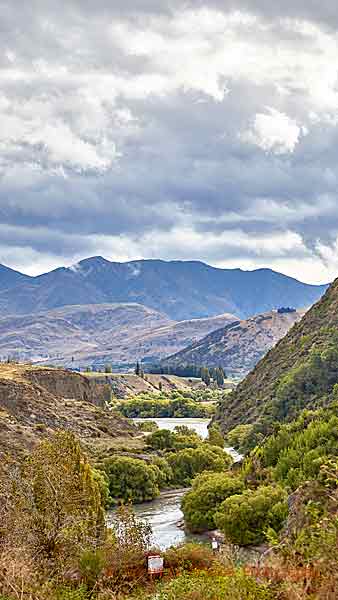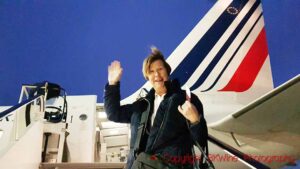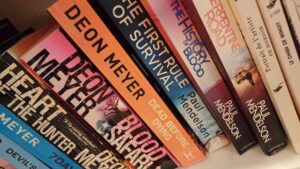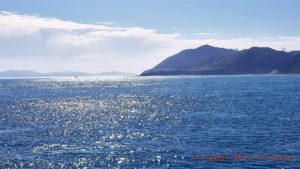The magnificent discovery and exploration wine tour of New Zealand
— Come to New Zealand with us and enjoy a truly memorable wine adventure in the southern hemisphere.
It’s a long flight to get to New Zealand, so we aim to show you as much of this amazing country as we possibly can. Naturally we’ll experience the wines, but there’s so much more included in this once-in-a-lifetime tour: stunning natural landscapes, fascinating local culture and mouth-watering cuisine.
Our tour starts in Auckland, on the North Island, and finishes in Queenstown, South Island. We’ll be travelling for 16 days and will visit most of the country’s wine regions.
Tour Highlights
- 16 days + travel days
- Many wine visits and tastings
- Stunning natural settings, geysers, wildlife…
- price soon available
- Hawke’s Bay
- Marlborough
- Central Otago
- Martinborough
- Lake Tekapo
- Auckland
- and more
New Zealand has become a well-known and respected wine country in a comparatively short time. The wine industry here began with sauvignon blanc wines from Marlborough. The first sauvignon blanc wines were launched on the market in 1979 and no one could have imagined how successful they would be. Indeed, sauvignon blanc is by far the most planted grape in New Zealand today.
However, there are many different grapes grown in a variety of soil types and climates on the North and South Islands, meaning that New Zealand boasts a range of wine styles.
Originally known as a cool climate wine producer, New Zealand and its wine industry have evolved, and the differences between the North and South Islands have become clear. The climate between regions varies more than you might imagine, and there are many more wines to sample besides sauvignon blanc and pinot noir, although these grapes alone are well worth the trip.
New Zealand is a small country and hence a relatively modest wine producer, but its industry has continued to grow, year on year, with exports increasing roughly 17% each year. There are currently 38,000 hectares of vines here; Marlborough (25,000 hectares) is the largest wine region.
The country spans 1,500 kilometres (932 miles) from north to south and its landscapes are jaw-dropping. The fact that New Zealand is narrow and surrounded by water affects the climate. Winters are mild and summers are warm but rarely hot, while autumn is often warm and dry, at least in the wine regions. The west coast gets rain but the vineyards on the warmer, drier east coast are sheltered.
As always on our tours, wine plays the leading role, but we have included a number of other activities. Nature will be a key feature of our trip: you will marvel at the geysers in Rotorua, Māori culture and cuisine will be included, and of course our group will discuss food and wine combinations and share many meals together, many of them at wine estates.
We have chosen to travel by bus all the way from Auckland to Queenstown, as this way we will see as much of the country and its marvellous landscape as possible. No trip to New Zealand would be complete without spotting kiwi birds (the country’s symbol) and sheep. Rest assured though, you will not be obliged to take part in the popular sports of sheep shearing or bungy jumping (they don’t spell it bungee here).
All in all, this promises to be an unforgettable road trip.
The tour is led by BKWine co-founder Britt Karlsson, one of BKWine’s internationally-known wine experts, and multiple award-winning wine book author and wine journalist. Once voted Wine Personality of the Year, she is also a columnist for Forbes.com.
Here’s a short video interview that we have made with Emma Jenkins MW, one of the very few New Zealand Masters of Wine, on what’s exciting with the country:
Programme — Wine tour to New Zealand
Preliminary programme.
Contact BKWine for more details.
There may be changes to some details of the programme, e.g. which wineries we visit. We put great effort into making your visits both exceptional and memorable. For this reason we often visit other than the most obvious, big-name producers (where there are often a number of guides employed). Instead we chose to give you a more unique, personal experience at our carefully selected estates, often (but not always) meeting the owner or the winemaker.
Programme overview
- Day – – — Departure from home for Auckland
- Day 1 — Arrival in Auckland
- Day 2 — Waiheke Island
- Day 3 — Auckland to Rotorua, geyser, Māori culture
- Day 4 — Taupo to Napier
- Day 5 — Hawkes Bay
- Day 6 — Napier to Martinborough
- Day 7 — Martinborough
- Day 8 — Wellington, ferry to South Island
- Day 9 —Marlborough
- Day 10 —Marlborough
- Day 11 — The coastal road from Blenheim to Christchurch
- Day 12 — Christchurch to Lake Tekapo and Mount Cook
- Day 13 — Mount Cook to Queenstown
- Day 14 — Central Otago
- Day 15 — Central Otago
- Day 16 — Departure home
- Day – – — Arrival at home
Day – – — Departure from home for Auckland
There are many choices for a route to New Zealand, with or without a pause in another country on your way. If you decide to arrive a few days early we can help you arrange with hotel or other things.
Day 1, Tuesday , March 10 — Arrival in Auckland
Arrive in Auckland, or you may decide to come a few days earlier, as this is a fascinating city.
Auckland is said to have more pleasure boats per capita than any other city in the world, hence its name The City of Sails. Given its spectacular location between the South Pacific Ocean and the Tasmanian Sea, it is easy to understand why many people here are into water sports.
With around 1.5 million inhabitants, Auckland is New Zealand’s largest city. A cosmopolitan destination with an impressive harbour and beaches for swimming and surfing, it also boasts attractive parks, lively nightlife and good shopping, while the restaurants will satisfy even the most discerning gourmet traveller.
You check in at our hotel, M Social Auckland with a fantastic location down by the water, on the bustling Princes Wharf. We will be staying here for two nights.
In the evening we will all meet for our welcome dinner.
Day 2, Wednesday, March 11 — Wine on Waiheke Island
We will have a relaxing day today on beautiful Waiheke Island, a 45-minute ferry ride from Auckland through the Hauraki Gulf. During the ferry ride you’ll be able to admire the view and the many islands of this small archipelago. The ferry docks at Matiatia Wharf. From there starts our discovery trip around Waiheke Island.
Waiheke Island has around 7,000 permanent residents and a host of temporary visitors. The climate is mild, dry and ideal for wine-growing. The modern era of wine growing on the island started in 1978, although vines had been planted here earlier; today, there are about 20 vineyards. Most are quite small in size, but among them are some of New Zealand’s best. Grapes grown here include cabernet sauvignon, cabernet franc, merlot, malbec, petit verdot, syrah, chardonnay, viognier and sauvignon blanc.
Waiheke Island is located east of Auckland and is partially protected from the cool and rainy winds from the west, making it both warmer and drier than Auckland. Vines flourish here, as do olive trees. We will visit one or two wine estates on the island, and have lunch at one of them.
We return to our hotel in Auckland and you have a free evening to explore the city.
Day 3, Thursday, March 12 — Auckland to Rotorua, geysers and Māori culture
We check out with our luggage, leaving the hotel after breakfast. We board our bus and start our tour towards the south, heading south-east towards the town of Rotorua.
Rotorua is in a volcanic area known for its geothermal activity, and you will see examples of this during the day. The population here is largely Māori, so this is an ideal opportunity to familiarise ourselves with the culture and history of New Zealand’s native population. We will travel through fertile farmland dotted with grazing dairy cows, passing small villages and farms of different sizes.
On arrival in Rotorua we will have a guided tour of the Whakarewarewa Geothermal Valley to explore some of the thermal phenomena including the famous geyser Pohutu, the largest active geyser in the southern hemisphere, which erupts twenty times a day.
With its hot springs, Rotorua has always been a sacred place for the Māori. Our local guide will give us an insight into Māori history and culture and we will learn about traditional crafts such as weaving and wood carving. This will also be our opportunity to see New Zealand’s’ iconic kiwi bird – maybe, because this bird is not easy to spot, even in captivity.
We will have a simple lunch in a café (not included) and after that we will leave Rotorua and travel via New Zealand’s largest pine tree forests to Taupo. We will stop en-route to view the mighty Huka Falls. Huka in Maori translates to “snow” as the water here has the appearance of snow falling as it is forced along from Lake Taupo through the falls on its journey along the Waikato River. It’s noisy and very impressive.
Upon arrival in Taupo we will check in at our hotel, Hilton Lake Taupo beautifully set on the edge of a “steaming” forest (hot springs). The area is a popular holiday destination for New Zealanders.
In the evening we will visit a local family for a Māori cultural experience. The members of the family are affiliated to the local Māori tribe of Ngāti Tuwharetoa and we will be welcomed into “Te Ao Māori”, the world of Māori. We will experience a traditional powhiri (welcome ceremony) and also the essence of Maori culture through a powerful and vibrant haka and emotional songs of people, mountains, lakes and rivers.
We will be served an authentic buffet dinner with cuisine cooked in the hangi pit plus dishes that feature native New Zealand foods such as horopito and kamokamo.
At the conclusion of our evening, our driver will take us back to our hotel.
Day 4, Friday, March 13 — Taupo to Napier, wine tasting in Hawke’s Bay
We check out after breakfast and continue our journey south Our tour continues down to the Hawke’s Bay wine district (located at Hawke Bay – note the small but important difference in name/spelling), arriving in time for lunch at one of the wine estates. The afternoon will continue with another wine visit.
Hawke’s Bay has a sheltered location between the mountains and the sea, and is one of the warmest and driest wine regions of New Zealand. Its rolling slopes covered with vines, olive groves, palms and cypress trees set against the blue ocean backdrop make it one of the country’s most picturesque wine regions. With more than 4,500 hectares of vineyards, Hawke’s Bay is also New Zealand’s second largest wine region. It is warmer than Marlborough, and grape varieties such as Merlot and Syrah thrive here; Chardonnay is also prominent.
Late in the afternoon we check in at Scenic Hotel Te Pania in Napier. It is centrally located and we recommend a walk in the city. Napier is considered unique in the world because of its art deco buildings, erected after an earthquake in 1931 which completely destroyed the city. The reconstruction was done in the art deco style which was fashionable at the time.
Free evening.
Day 5, Saturday, March 14 — Winery visits at Hawke’s Bay
Today we have a full day in Hawke’s Bay, New Zealand’s oldest wine region. We will travel south of Napier to the vineyards around the town of Hastings.
Red wines tend to dominate here and are often quite powerful, with good body and structure (some producers make comparisons with Bordeaux). This region is also known for its fruit and olive trees. In recent years, wine producers have discovered that the terroir here is extremely varied, adapting harvest dates and grape varieties accordingly.
There will be three visits today, one of which is combined with lunch. We will go to the beautiful Te Awanga coast south of Napier where there are a number of well-known producers, and to the famous Gimblett Gravels district, with its excellent stony soil.
By late afternoon we will be back at our hotel in Napier.
Free evening.
Day 6, Sunday, March 15 — Napier to Martinborough, wine visit in Wairarapa
Check out in the morning from our hotel with our luggage. Today we continue south, heading to a wine district called Wairarapa which includes the well-known Martinborough.
We will arrive in time for lunch at one of the wineries in Gladstone, one of Wairarapa’s sub-regions, the other two being Martinborough and Masterton. The first vines were planted in Wairarapa in the late 1970s. One of the pioneers was the now well-known estate, Ata Rangi. Wairarapa is a small region of just over 1000 hectares in total, but it features some very well-known producers.
Pinot noir is the most important grape variety grown here, giving wines with texture and body. The sauvignon blanc wines are excellent, and the riesling and pinot gris wines are becoming increasingly popular.
Late afternoon we check in to Parehua Resort Martinborough, a charming hotel surrounded by vineyards where we will each have our own cottage/villa with plenty of space, a fireplace in the salon, garden terrace… The hotel has a cosy bar and a restaurant. If you feel like exercising there are bicycles and an outdoor swimming pool, and you can play pétanque or croquet.
Tonight we will have dinner together at the hotel. This is your chance to taste green lipped mussels, a local speciality known for its distinctive coloured shell.
Day 7, Monday, March 16 — Martinborough
Today we continue to explore Wairarapa. The first estate we will visit is nearby, so you’ll be able to enjoy a relaxing breakfast.
Martinborough is surrounded by small, family-owned vineyards. Our focus today will be pinot noir but also syrah, a grape which does very well in this dry, temperate climate where the autumn is long and sunny, which gives the grapes plenty of time to develop their aromas.
After the morning visit, we will continue to the nearby Magrain Vineyard where we will have a relaxed barbecue lunch in the vineyards, accompanied by the Magrain Riesling and several different Pinot Noir wines.
Mid-afternoon we will head back to our hotel.
The evening is free.
Day 8, Tuesday, March 17 — To Wellington and to Blenheim
Check-out in the morning. We will travel over Rimutaka Hill to the capital city of Wellington, which will take us about an hour.
Wellington is situated at the southernmost tip of the North Island, which is more or less the middle of the country. This well-organised city is the country’s political and administrative centre, and it is built around a large harbour. After a short sight-seeing tour with the bus, our driver will leave us at the Waterfront for a couple of hours of free time. The Te Papa Museum is certainly worth a visit. Lunch is not included in today’s programme so you are free to make your own plans.
In the early afternoon we will head down to the harbour to take a ferry across to Picton, on the South Island. This will be a wonderful cruise through Wellington Harbour, across the Cook Strait and through the picturesque Queen Charlotte Sound. The journey takes about three hours which means plenty of time to maybe spot a dolphin or even an albatross, if we’re very lucky.
We dock at the small harbour of Picton where our bus awaits us. We now have about half an hour’s journey to get to Blenheim, the main town of the Marlborough wine region.
We check in at our hotel, five star Scenic Hotel Marlborough, in central Blenheim where we will stay for three nights, and the evening is free for you to explore this small town which has roughly 30,000 inhabitants.
Day 9, Wednesday, March 18 — Wine visits in Marlborough
Today we have a full day out and about in the vineyards of Marlborough. This is New Zealand’s largest and most famous wine region, and it is almost entirely associated with sauvignon blanc.
It was the intensely aromatic sauvignon blanc character of Marlborough wines that took the wine world by storm in the 1980s. Today it covers 18,400 ha of the region’s total of 25,000 ha. This style is still much sought after, but nowadays one can also find more nuanced wines here. Some producers use oak, others are looking for a crisper style; some harvest their grapes riper to get more body while others like to experiment with wild yeast and skin contact. Marlborough’s other grapes are also worthy of attention, as they show some interesting nuances; keep an eye out for pinot noir, chardonnay, riesling, pinot gris, gewurztraminer, grüner veltliner, syrah and others.
Marlborough has a huge variety of wine estates, from superstar Cloudy Bay, owned by French luxury group LVMH, to small boutique wineries. We will visit three wineries, and have lunch at one of them.
One of the wineries will be the superbly situated Clos Henri in Wairau Valley, an estate with an organic certification. Clos Henri was founded in 2000 by the Bourgeois family, who already had plenty of experience of making wine from sauvignon blanc and pinot noir at Domaine Henri Bourgeois in France’s Sancerre region.
We return to our hotel in the late afternoon, and the evening is free.
Day 10, Thursday, March 19 — Wine visit in Marlborough
Once again, we have a full day of wine tastings in Marlborough, visiting two or three more wineries.
The original vines planted in 1970s were near Blenheim, but the vineyards have now spread east, south and north. However, Marlborough is still a fairly compact region with short distances between the wineries. The conditions here are good for wine growing. The vines get plenty of sunshine and just the right amount of rain. The three sub-regions of Awatere Valley, Wairau Valley and Southern Valleys offer some differences in character, and there are soil variations. Some Marlborough sauvignon has sweeter fruit and perhaps more passion fruit flavours, while others have a crisper, greener tone. However, it is (usually) the winemaker who decides which style of wine he/she wants to make.
Today, one of our visits will be in the Awatere Valley located a short distance south of Blenheim. It is a fairly large farm where the whole family is involved. The vineyard is not that big but the family also has sheep and deer breeding and during our visit the family will show as those aspects of their life too. A very exciting visit. We will enjoy lunch with the winery’s wines in the village’s old train station house which the family recently bought and converted. We will do one more visit in the afternoon at a small producer that makes wine of high quality.
By late afternoon we will be back at our hotel; the evening is free.
Day 11, Friday, March 20 — The coastal road from Blenheim to Christchurch
We check out and leave Blenheim after breakfast. Today, we will enjoy a magnificent coastal landscape and observe birds and seals, as well as having a superb sea food lunch.
An attractive road of about 50 kilometres takes us along the coast from Blenheim down to our first stop in Kaikoura. The road runs so close to the ocean that we can easily observe the local bird life and New Zealand’s fur seals. We will stop for lunch in Kaikoura, a place famous for its top-quality seafood and popular with those interested in whales and other marine life.
The famous New Zealand crayfish, also called lobster, will be on the menu. With some crisp white wine, of course. After lunch we stay on for a little while in Kaikoura. The location is magnificent and it is well worth it taking a walk along the water.
After lunch we continue south across the farmlands of the North Canterbury Plains. We will pass the Waipara wine district where the first vineyards were planted as late as the 1980s.
Early evening we will check in at our hotel in Christchurch, Crowne Plaza Christchurch. Christchurch is the biggest city on the South Island. Some of the buildings that were destroyed during the earthquakes in 2010 and 2011 are being rebuilt, including the cathedral that was built between 1864 and 1904.
Free evening to discover Christchurch.
Day 12, Saturday, March 21 — Christchurch to Mount Cook, the Southern Alps, and glaciers
Today we have full day ahead of us and we will start quite early from the hotel. We continue to travel south, heading through the fertile Canterbury Plains, a significant agricultural community.
We will go west into Mackenzie County where we make a short stop at Lake Tekapo (renowned for its turquoise blue waters). After admiring the picturesque Church of the Good Shepherd at the southern tip of the lake we will continue along Lake Pukaki and soon we will have a glorious view of New Zealand’s highest mountain – Mount Cook – and the Southern Alps.
Our destination for the day is Mount Cook Village, located in Mount Cook National Park. The park comprises 70,000 hectares of ice and snow, five major glaciers and 15 mountain peaks, river beds, and an alpine vegetation of shrubs. Mount Cook (3,754 metres) towers above it all. The mountain is also known by its Māori name, Anorak.
We will have a light lunch together before arriving at Mount Cook.
When we get to Mount Cook Village, we will take a fascinating trip (2½ hours in total) to Tasman Glacier Lake. After walking for half an hour, we take a boat on the lake to explore the icebergs (and walk on them, weather permitting). The Tasman Glacier is New Zealand’s largest glacier.
Back in Mount Cook village, we check in at the Hermitage Hotel and later we will enjoy a buffet dinner together in the hotel restaurant. After dinner, if the sky is clear, we may be able to admire the wonderful starry sky (the southern hemisphere has many more stars than the northern).
Day 13, Sunday, March 22 — Mount Cook to Queenstown
Check out from the hotel after breakfast. Today will be our first visit in spectacular Central Otago, a wine region known primarily for its pinot noir.
But first we will retrace our steps back along the shore of Lake Pukaki, passing the small town of Twizel where many scenes were filmed for the film Lord of the Rings. The road climbs through bleak rugged hills to the summit of the Lindis Pass before descending into Central Otago.
We will make a stop before arriving in Queenstown, close to the small town of Cromwell, in one of Central Otago’s sub-regions. Several wineries are located here including the legendary Felton Road, and Mount Difficulty, another pioneer of the Central Otago wine scene. We will start with lunch at one of the wineries in Cromwell, and there will be a winery visit after lunch. Central Otago is admittedly world famous for its pinot noir wines but there is a lot of other things going on in this exciting wine region. Central Otago was gold rush territory in the 1800s, and the region still has a certain adventurous feel: it is also fast becoming a popular wine region.
Late afternoon we check in at Novotel Queenstown Lakeside. We will stay here for 3 nights. The hotel is right in the heart of Queenstown.
The evening is free to explore Queenstown, a bustling town with many restaurants. It is beautifully situated on Lake Wakatipu.
Day 14, Monday, March 23 — Wine in Central Otago
The area of Central Otago features mountains, valleys, rivers and lakes, and is stunning. However, the climate and landscape are challenging for winemakers and it is important to find the right spots to plant vines in order for them to thrive.
Central Otago sprawls across a vast area and is far more spread out than Marlborough, although the planted area is only 2,000 hectares.
Our bus will take us to Bannockburn and Cromwell. Several wineries are located here including the legendary Felton Road, and Mount Difficulty, another pioneer of the Central Otago wine scene. We will visit two producers in the region. We will have lunch at one of the estates.
We will end the afternoon with a visit to Arrowtown, a town with a colourful history. Many of the original sycamore trees, planted by the gold-miners, cover the town’s cottages and stone buildings with a canopy of gold. In its heyday Arrowtown was a rough and ready frontier town. Today it is an incredibly well-preserved 19th century town with, for example, a fascinating gold explorer museum. And many cafés and shops.
Late afternoon we are back in Queenstown.
Free evening.
Day 15, Tuesday, March 24 — Central Otago
Today we continue to explore Central Otago, not surprisingly the world’s most southerly wine region.
In the 1970s, few people in the New Zealand wine industry believed it possible to make wine here, doubting that the grapes could mature properly. But the long, warm, dry autumn season compensates for the somewhat unstable, cool spring, and pinot noir does well here, it represents almost 80% of all vines planted in Central Otago. Other important grapes include chardonnay, pinot gris, riesling and sauvignon blanc.
Organic wine, riesling, pinot gris and a wine maker with French roots are on today’s program. And some more!
We will return to our hotel in Queenstown at the end of the afternoon. In the evening we will meet for our last and delicious farewell dinner.
Day 16, Wednesday, March 25 — End of the wine tour in Queenstown
Today it is time to leave New Zealand. The tour ends after breakfast at the hotel in Queenstown, but perhaps you’ll wish to stay on for a few extra days to explore more of this wonderful country. Let us know if we can help you with hotels or other arrangements.
Day – – — Arrival back home
If you are heading home directly you will probably arrive one day later, depending on the length of your flight.
There may be changes to some details of the programme, e.g. which wineries we visit. We put great effort into making your visits both exceptional and memorable. For this reason we often visit other than the most obvious, big-name producers (where there are often a number of guides employed). Instead we chose to give you a more unique, personal experience at our carefully selected estates, often (but not always) meeting the owner or the winemaker.
Go For It!
We’d love to have you with us.
More info
We have written a lot about New Zealand and about wine touring in the region, what to do and what to expect.
- Read more about travelling in the New Zealand wine regions on our wine travel blog.
- The Gimblett Gravels unique terroir is expressed in Unison Vineyards wines
- Meeting a legendary winemaker in Hawke’s Bay in New Zealand, Jenny Dobson
- The changing shape of the New Zealand wine landscape, BKWine interview with Emma Jenkins MW | Britt on Forbes
- BKWine discuss with Rebecca Gibbs, Master of Wine: Sauvignon blanc, loved and maligned, but who makes the best? | Britt on Forbes
- Sauvignon blanc has different style depending on the soil where it grows | Britt on Forbes
- You can also find more information on BKWine Magazine on the wines from New Zealand, our online wine magazine.
- Our YouTube videos on New Zealand.
If you’d like to see more pictures and videos from this tour, take a look at our Facebook group from these previous tours:
Wine books
We have written more than ten wine books. They have won both national and international wine writing awards.
No other wine tour organiser has a comparable knowledge, competence and experience.
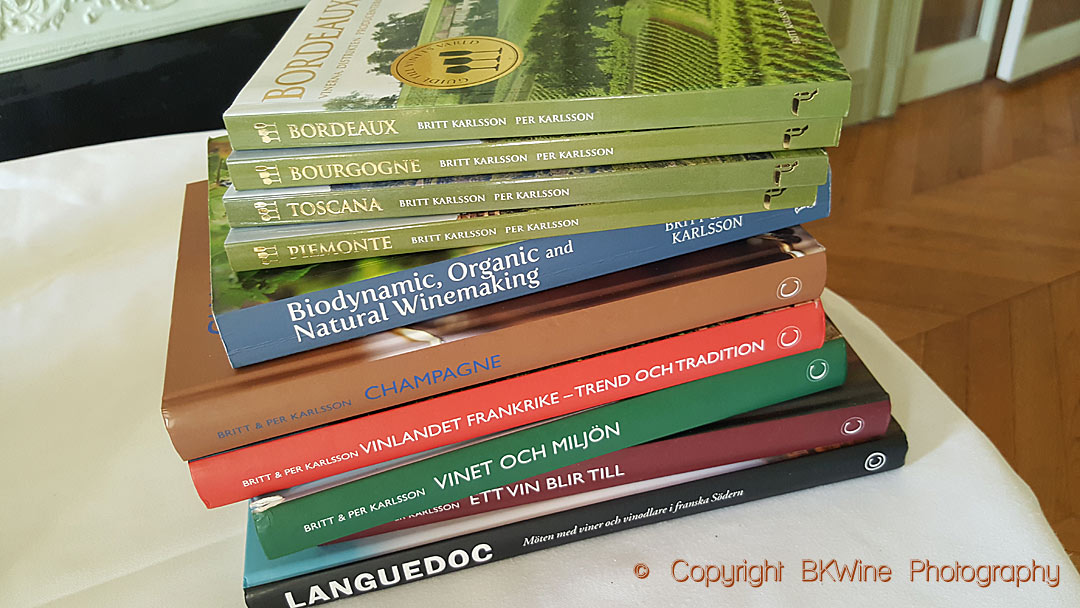
Tour Details — Wine tour in New Zealand
Dates: March 10-25, 2026
Price per person: to be announced soon
Single room supplement: to be announced soon
Included in the price:
- Starting point: Auckland
- End point: Queenstown
- 15 nights in good quality hotels, double occupancy, including breakfast
- Several different hotels as we move through New Zealand. See programme for details
- Meals as described in the programme (*) :
- 10 gourmet lunches at wine estates, all including wines
- 2 light lunches at wine estate or restaurant, all including wines
- 5 gourmet dinners, all including wines
- Transportation in comfortable coach during all days of visits as described in the programme
- Ferry or boat fees for sea crossings mentioned in the programme
- All vineyard and winery visits, as per the programme (approx. 20 in total)
- Private tastings at wineries
- Day trips and other activities according to the programme, including entry fees when relevant
- Wine guiding and wine tutoring by expert BKWine guides Britt Karlsson and Per Karlsson, BKWine founders
(*) See below for more important information about our meals.
Not included:
- Return travel (flights etc) to/from the departure and end points.
You are responsible for organising your travel to New Zealand, arrival in Auckland and departure from Queenstown.
If you would like assistance organising your flight tickets etc, please contact us.
We recommend taking a few extra days to prolong your vacation in this wonderful destination. We can assist you with booking additional hotel nights if you want.
For this trip to take place we must have a minimum of 16 participants registered at the “book before” date. Maximum number of participants: 25.
Guide
Wine guide: Britt Karlsson, BKWine
Britt is co-founder of BKWine Tours, named World’s Top Wine Tours by Travel+Leisure Magazine. She is the author of The Creation of a Wine, which won the World’s Best Wine Book for Professionals award by the Gourmand World Cookbook Awards as well as Best Wine Book of the Year in Sweden in 2010. In 2012 she published Wine and the Environment, voted Best Wine Book for Professionals in Sweden and taking second place in the World’s Best Educational Wine Book awards in 2013. In 2011 Britt was voted Wine Personality of the Year by Munskankarna; she has also been voted one of the five most influential wine writers in Sweden.
Flights
We have chosen not to include the cost of flights in this tour: here’s why. Our clients come from many different countries and continents. By booking your own flights, your have maximum flexibility when choosing how and when to travel.
In many cases it is cheaper to buy flight tickets as an individual than as a tour operator (and we are a small and very specialised tour operator). We have chosen to put all our effort into creating an exceptional tour programme while keeping the costs reasonable, rather than including a flight booking service and then having to cut corners on the tour programme. We believe that this give you much better value for your money.
We will do everything possible to make it easy for you to arrange your travel, and we can put you in touch with one of our travel agent partners if you would like assistance. Please contact us if you have any questions regarding your flight arrangements.
Booking your flight to New Zealand
We suggest that you book a flight that arrives any time during the day of Day 1 (or earlier). In the evening of Day 1 we will all meet for a welcome dinner, and this is the start of the programme. If you choose to arrive earlier, we can help to arrange additional hotel nights at our hotel.
Special cancellation conditions
Please note that special cancellation conditions apply for this wine tour.
Cancellation of your booking can be made according to the following:
- More than 60 days before the beginning of the trip: the Traveller pays a fee equivalent to the Booking Fee.
- 46 to 60 days before the beginning of the trip: the Traveller pays a fee equivalent to 75% of the total price.
- 45 days or less before the beginning of the trip: the Traveller pays the full fee.
Book This Tour
Book before: to be announced soon
Booking is confirmed by paying the booking fee of to be announced soon. Full payment should be received at the latest 60 days before the departure date (see our terms and conditions). Details on how to pay will be sent to you when you register.
It is important that you read our travel booking terms and conditions.
We also invite you to read more on why you should travel with BKWine, about customer protection, and about what you can expect from our wine tours in the section below “More on our wine tours”.
You book by contacting Britt Karlsson, BKWine:
- phone: +33 1 58 88 04 66 or +33 6 80 45 35 70 (+33 is the country code for France)
- Skype: “bkwine”. Call us on skype.
- email: info@bkwine.com, or use the contact form below
“I want to book this tour” or “I want more info”
Important: We automatically send you a copy of this email when you submit it. If you have not received it within a few minutes: 1) check your spam folder, 2) consider resending it, you might have misspelled your email address. Or simply send us a normal email using our address noted just above.
Share this tour programme with your friends
Maybe your friends want to come with you on this wine tour? Let them know about the programme and ask if they’d like to join you. Share the info on social networks or send an email to your friends:
More on our wine tours
Why travel with BKWine?
We are Britt and Per Karlsson. We are specialists in wine and food tours and wine tourism, but also experts in wine in general. We are internationally published wine writers and have written ten award-winning wine books.
No other tour operator has a comparable knowledge and experience of wine, wine regions, wine tourism and gourmet travel.
We have organised hundreds of wine and food tours, and this is what we love to do. We take it very seriously – it is not a sideline or a hobby – and what we want more than anything is to share all these wonderful experiences with you.
All our tours are led and managed by guides who have in-depth wine knowledge, and in many cases we lead the tours ourselves.
Read more on why you should choose BKWine for your wine and food tour.
Thousands of happy customers
Over the years, thousands of wine lovers have travelled with us. Many come back to tour again and again with BKWine to new wine regions. Our record-breaking client has been on more than ten BKWine tours. We are happy and proud to have such faithful customers.
Read more on what travellers have said about our tours.
Awards and Mentions
We’re pleased and proud to have received many accolades, including:
- “World’s Top Wine Tours”, Travel+Leisure Magazine, the world’s biggest travel magazine
- “Best wine tasting holidays”, AOL Travel’s list of top wine tours
- “Recommended Wine Tours”, Munskänkarna, the world’s biggest wine appreciation association
- “World’s Best Wine Book for Professionals” as well as “Best Wine Book of the Year”, Gourmand International awards, and many other book prizes
- Three OIV book awards, International Organisation of Vine and Wine
- “Wine Personality of the Year”, an honour bestowed on Britt Karlsson by Munskänkarna in 2011, the world’s biggest wine appreciation association
- Inclusion on the Wine Media Power List, by Wine Business International magazine
About the wine producers and wineries we visit
Our aim is for you to experience some of the very best and most interesting aspects of the wine world, in terms of wine and food.
We put great effort into creating outstanding winery visits, and in this way we are quite different to many wine tour organisers. It is not always the most renowned, internationally known estates that offer the best experiences. Organising a wine tour featuring famous names of the wine world is relatively easy: it is merely a question of making lists and ticking boxes. On those kind of “bucket list” wine tours, you rarely meet the winemaker or the owner. You will simply be one of thousands of visitors they receive each year.
We do things differently. With BKWine Tours, you will meet the people behind the label, often the winemakers and/or the owners. Thanks to them, you will have a unique, truly personal experience and an insight into the wine world that no one else can offer. When you travel with BKWine, you are more like a special guest than a tourist.
We have personal connections and unparalleled knowledge thanks to more than 20 years as wine journalists, with 10 wine books published, and as wine tour organisers with more than 30 years’ experience. You can be sure of getting the best wine travel experiences with BKWine Tours.
Read more on the wine producers and wineries we visit.
A true gourmet experience: food and gastronomy
For us, wine and food are intimately linked, and this is a fundamental part of our wine travel philosophy. For this reason, a wine tour with BKWine is always an outstanding culinary experience both for the wine enthusiast and for the gourmet. A BKWine tour is a gastronomic voyage that explores the deep relationship between food and wine.
Read more On Meals: Food and Gastronomy on Our Tours.
Customer Protection, Financial Travel Guarantee, and Terms and Conditions
You can always feel safe when you book your tour with BKWine. BKWine has a bonded bank guarantee that gives full protection according to EU and Swedish law. BKWine is a Swedish limited company and as such is regulated by strict rules.
Read more on Customer Protection, Financial Travel Guarantee. and our Terms and Conditions.
When you book a tour it is important that you read the terms and conditions. BKWine’s booking terms and conditions follow the guidelines developed by the Consumer Protection Agency.
Health, vaccination and allergies
Our tours have no particular health requirements although inevitably we will be walking a certain amount in wine cellars and vineyards. Sensible footwear is a must.
Most of our travel destinations have no particular health guidelines or requirements for vaccinations or medical certificates, but if in doubt, you should always consult a medical professional, vaccination centre or relevant embassy in your country of origin.
We can always accommodate food allergies. However, in order for us to manage such requests you must let us know about any allergies before the tour starts.
Read more in our FAQ and in our Terms and Conditions.
Travel insurance
BKWine does not sell travel insurance. If you want travel insurance, check if your regular home insurance policy includes some kind of travel insurance, or contact your regular insurance company or a travel insurance specialist.
Custom Tours
We also offer custom wine and food tours if you want to travel on different dates, or if you want something different to what we currently offer on our scheduled tours. This tailor-made service can be offered for individuals, companies, professionals, wine tastings clubs etc.
Important information
Our groups are always small. The number of people in the group may vary. The maximum can range from 8 to around 20; check the details in each programme. But our groups are always modest in size. This is important because it guarantees a quality experience and a personal welcome at the wineries we visit.
Read the BKWine Booking Terms and Conditions here. They are important to you!
You are expected to organise your travel independently to the destination for most of our tours, but once you are at the location, we take care of everything.
For more inspiration
Read our wine travel blog. For more, read our online wine magazine the BKWine Magazine with articles from all over the wine world.
And also:
- Recommend this trip to a friend using the share buttons below
Newsletter on wine
Subscribe to our free wine and travel newsletter, the BKWine Brief. Each month, it gives you news from the world of wine, restaurant recommendations, tips on our favourite wine producers and much more. It will also keep you updated on forthcoming wine and food tours.

